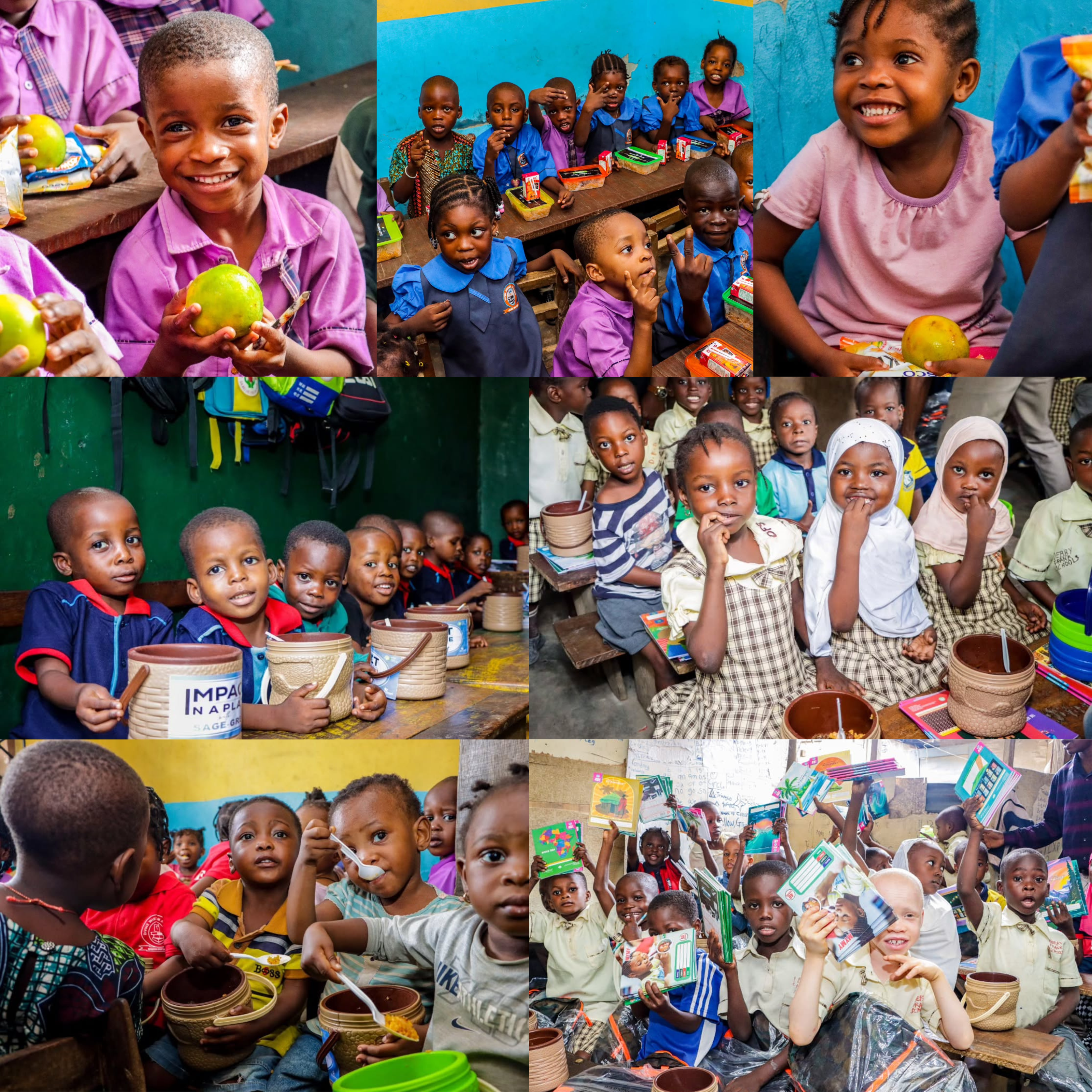A Historical Perspective
School feeding programs (SFPs) are essential components of educational and social protection strategies worldwide. With a rich history dating back to the 1930s in the United Kingdom and the United States, these programs aim to enhance child growth and learning potential. Today, they serve over 418 million children globally, underscoring their critical role in promoting education, health, and economic stability. Across the African continent, many countries have implemented school feeding programs financed and managed by their governments, commonly referred to as the Homegrown School Feeding Program (HGSFP).
In Nigeria, the HGSFP was initiated on September 16, 2005, under the administration of President Olusegun Obasanjo, with the ambitious goal of feeding at least 25 million school-aged children. Although the program faced challenges over the years, it was relaunched in 2016. By early 2023, it had successfully fed approximately 10 million pupils, and the Federal Government of Nigeria (FGN) has committed to increasing this number to 20 million by 2025. This commitment reflects the recognition of SFPs as vital tools for achieving universal basic education.
The Role of Partnerships
The Special Adviser to the President of the Federal Republic of Nigeria on SFPs, Dr. Yetunde Adeniji, emphasized that SFPs rely heavily on robust partnerships among government agencies, local communities, non-governmental organizations, and the private sector. These collaborations ensure that resources are effectively mobilized, innovative solutions are explored, and accountability is maintained, thereby enhancing the program’s impact. Governments in various countries are adopting strategies to extend the reach of their programs, and these efforts can be supported by the private sector.
A notable example of the private sector’s contribution to increasing the coverage and effectiveness of SFPs is the Lagos Food Bank Initiative’s Education Enhancement Intervention for Food Insecure Students (EDUFOOD). The EDUFOOD program provides school meals and learning materials to food-insecure children in low-cost schools, helping to keep these children in school and engaged in both academic and extracurricular activities. The program reaches over 38,000 school children annually and it is rapidly expanding. The sustainability of a program such as EDUFOOD relies on consistent donations from individuals and corporate partners, both locally and internationally.
Coverage Gaps and the Need for Expansion
Despite the significant reach of school feeding programs (SFPs), coverage gaps persist. Recent data indicate that only 18% of children in low- and middle-income countries (LMICs) receive daily, nutritious school meals from government initiatives and elsewhere. In Africa, the proportion of school-aged children receiving meals has decreased slightly, from 33% in 2020 to 31% in 2022. This decline highlights the urgent need to redouble efforts to improve and sustain SFPs and reach more vulnerable children, particularly in regions where food insecurity is prevalent.
Nutrition programs offer a high return on investment, with a $9 return for every $1 spent. Given the value for money and the impact on children, the amount spent on SFPs—representing only 1.5% of the total aid allocated to education—can be considered an underinvestment and not enough donors are prioritizing school feeding programs.
Educational, Social and Health Benefits
Studies have shown that school feeding programs (SFPs) play a crucial role in reducing hunger, improving concentration and overall participation in school activities. Families are more motivated to send their children to school when meals are provided, leading to improved concentration and overall participation in school activities. In Enugu State, stakeholders have observed notable benefits from these initiatives, with primary school completion rates significantly higher in areas where SFPs are implemented. Consistent access to school meals has a particularly profound impact on academic performance, and this positive effect on learning has been demonstrated in various countries, including India, South Africa, China, Mali, Egypt, Ethiopia, Kenya and Argentina.
The overall impact of SFPs is best understood as a comprehensive tool for improving educational outcomes and providing social protection, with larger impacts recorded for girls, children from the poorest families, and those from food-insecure communities. Educated individuals contribute to healthier and more productive communities, and increasing girls’ participation in education is a critical pathway to improving child survival rates. Moreover, a well-educated population is essential for developing quality human capital, which drives sustainable economic growth.
Therefore, investing in school feeding programs serves multiple purposes: it fosters educational attainment, stimulates economic development, and promotes public health, making it a vital component of any strategy aimed at enhancing societal well-being. At the launch of the first edition of the Africa Day of School Feeding in 2016, SFPs were described as the conduit for Africa’s sustainable development. Today, they continue to demonstrate their profound impact on children and communities, as seen in Rwanda, Kenya, Burkina Faso, and Benin Republic. School meals are truly living up to this expectation, paving the way for a brighter future across the continent
Conclusion
Investing in and scaling up school feeding programs (SFPs) is essential for sustainable development. By providing all children with access to nutritious meals at school, we can improve educational outcomes, enhance health, and empower future generations. The commitment of the Federal Government of Nigeria to increase the number of children fed through SFPs is a positive step, but more effort is needed to close coverage gaps and ensure no child is left behind. Collaborative partnerships across sectors will be crucial in realizing the full potential of these initiatives as catalysts for change. The Lagos Food Bank Initiative‘s EDUFOOD program exemplifies this commitment, ensuring that hunger and malnutrition do not hinder any child’s participation in education. Together, we can foster a brighter future for all children in Africa through commitments from individuals and organizations alike.


